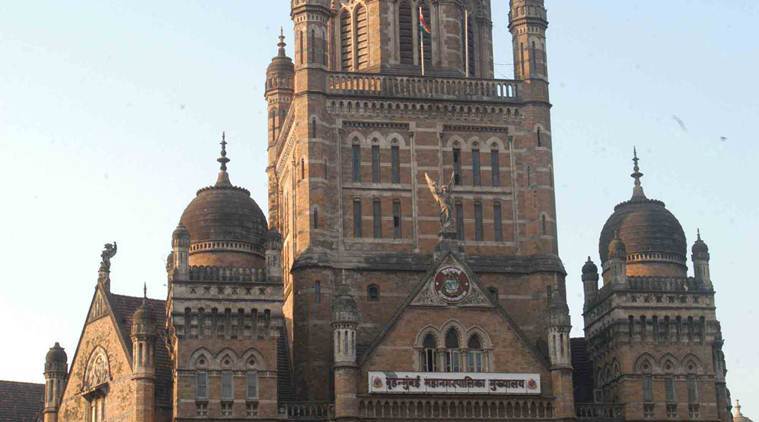 According to the civic body, a total of 2,335 contacts of these 267 positive cases have been traced so far. (File)
According to the civic body, a total of 2,335 contacts of these 267 positive cases have been traced so far. (File)
In a massive ongoing combing exercise since the last two weeks, the Brihanmumbai Municipal Corporation (BMC) has traced over 2,300 contacts of COVID-19 positive patients in the G-South ward, comprising Worli, Prabhadevi and Lower Parel.
Of all 24 administrative wards across the city, G-South ward, where the first case was detected on March 27, is now the worst affected with 267 positive cases. Mumbai’s total tally of COVID-19 is 1,399 with 91 deaths.
As many as 37 of the total positive cases reported in the ward are index cases — that is, the first case in each cluster of the ward — and 230 are contacts infected by these index cases. Most of the infected persons are residents of the ward’s slums and chawls, where people live in densely packed settlements and have poor access to water and sanitation.
Ten COVID-19 positive patients from the ward have died, while 234 are admitted in various civic-run facilities and 14 are in isolation, officials said. Only nine persons have recovered so far.
Marked as a COVID-19 hotspot after multiple cases surfaced from the densely populated Worli Koliwada and adjoining slums, officials at G-South ward say containing the virus from spreading further in the area is an uphill task. After Koliwada, COVID-19 cases were reported from the congested Jijamata Nagar slum in Worli Naka and BDD Chawls. These areas collectively have a population of about one lakh.
Of the total 267 coronavirus positive patients in the ward, 202 are slum-dwellers, 34 live in semi-slums, like chawls, civic officials said. Only 31 patients are residents of individual flats.
“For those living in slums, home quarantine is a challenge as at least four to five people live in 10×10 feet rooms. Also, as houses are attached to each other, it is difficult to avoid contact with other residents,” a BMC official said.
According to the civic body, a total of 2,335 contacts of these 267 positive cases have been traced so far.
Of them, 531 are high-risk contacts and 1,804 are low-risk ones. “Of these 2,335 contacts, more than 600 have been quarantined at BMC’s institutional facilities. The remaining persons have been advised home quarantine for the next 14 days. The people in civic facilities and at home quarantine will be tested, then civic officials will follow-up on their health, either on phone or by visiting their area,” another civic official said.
After the outbreak hit most parts of the ward severely, officials from G-South ward marked 20 areas as containment zones where the public movement has been restricted completely. The civic body has also shut shops selling essential goods in these areas and has been supplying food to residents.
Civic officials are hoping the situation will improve soon as over 82 per cent cases here are asymptomatic — 46 patients have symptoms, 221 others do not have any. Anticipating a rise in cases, the civic body has also created institutional facilities for over 1,000 people in the ward.
“Our efforts are in the right direction. Sixty of the total people quarantined in various facilities have tested positive. Likewise, of people tested at clinics organised in Jijamata Nagar and Koliwada, 30 people were found positive. So far, we have traced about a hundred cases proactively. We have formed 19 teams comprising 51 staff, who are carrying out contact tracing and door-to-door survey in the ward. Around 1,000 municipal staff are involved in supplying essentials in containment zones,” said Sharad Ughade, Assistant Municipal Commissioner, G-South ward (Worli, Prabhadevi).
He added, “In last 24 hours, there were only four new cases reported from the ward. Since we have identified all high- and low-risk contacts and quarantined them, further spread of the virus will be reduced.”